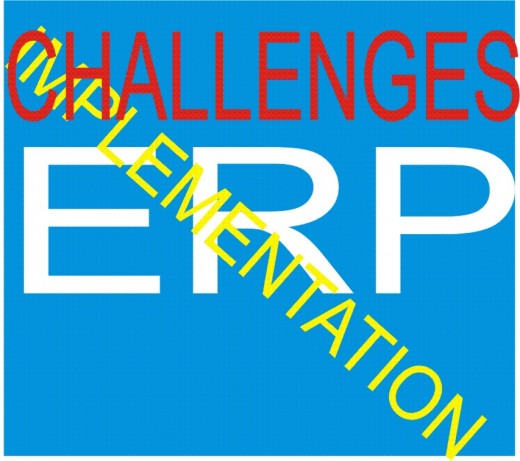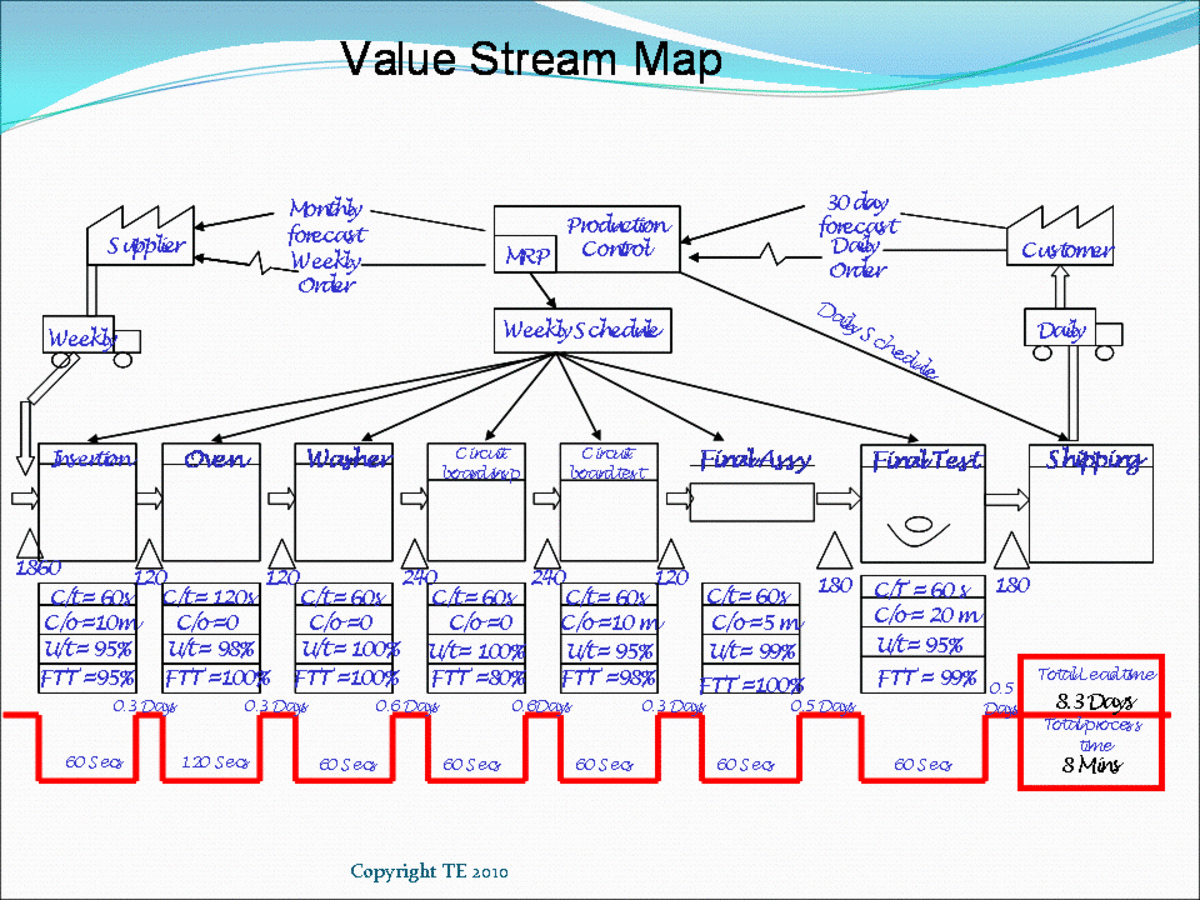some challenges of ERP before, during and after implementation
MEANING OF ERP
ERP stands for enterprise resource planning. ERP are software packages that are integration-ally designed to handle organization’s multi-dimensional business information processing needs. A system that can effectively and efficiently integrate the processing of business operations of a company is known as an enterprise system.

business operation of a company includes; marketing and sales, cash receipts, cash disbursements, purchasing, human resources, production and logistics, and business reporting (including financial statements). ERP systems made it possible for us to have a coordinated operation of these functions and provide central information resources for the organization. Before I go on talking about the challenges of ERP, I would like to briefly explain the meaning of enterprise systems.
MEANING OF ENTERPRISE SYSTEMS
Enterprise systems are also known as enterprise-wide information systems and enterprise information systems. An Enterprise system is a central information hub that has the ability to integrate and coordinate the business process functionality and information from all functional areas of an organization. Enterprise system helps a business establish and maintain a functional internal control. For instance, by entering that proper approvals are obtained and that the purchase is within the purchaser’s budget, the enterprise system reduces the risk that unauthorized purchases will be made. Instead of buying different softwares to perform these different functions and later linking them with a middleware, companies buys and use off the shelf software that can handle all of her needs in one installation. SAP is the single largest ERP software vendor that we currently have. Other ERP software vendors include: Oracle, Sage group, Microsoft, etc.
ERP softwares were initially targeted at multinationals with multi-location offices but gradually found its way into medium and small sized businesses.
CHALLENGES OF ERP
- Complexity and inflexibility: implementation of ERP can be so complex and tasking to handle. The search has to start from looking for ERP software that will meet the objective of our company. Once the search for the right kind of software is over, series of tests will have to be carried out on the selected software for possible vulnerability. Some times, you really can’t bend the software to change to any latest development unless the software vendor does that for your company.
- Fear of past implementation failures of others: the fear that grips most companies when they hear about the failure tales of businesses that have tried implementing ERP in the past and fail makes them nervous and prone to make even graver mistakes.
- Absence of competitive advantage: the implementation of ERP does not guarantee any competitive advantage. Gone are the days when the mere implementation of IT automatically guarantees success. The main challenge here is to ensure that the ERP when implemented would actually yield result. Perhaps the only benefit is that you will have smoother operations. That is enough to compensate for the troubles.
- Difficulty in configuration: configuring the softwares and making them actually useful to the business is an aspect of ERP implementation that no business manager is ever willing to face. Again, getting the staff members to learn know how of the ERP softwares are usually problematic and difficult.
- Time taken to implement: a lot of time needs to be invested into the implementation of ERPs before they can see the light of the. The most annoying part of it is that most of the time invested end up being a waste of time. Integrating an ERP system into a company's strategy takes too much time, energy and resources.
- Is not custom-ly developed: you don’t have the opportunity of telling your developer what you want to be included in the software. Your company may have a peculiar need that may warrant that the software be tweaked, but, will not have the opportunity of doing so.
- Collection different softwares are better: there is this problem that the collection of different softwares might do the job perfectly well.
The above problems can be faced before, during or after implementing the ERP softwares. All that matters is the ability of business executives to pull themselves together and handle the challenges as they come.
To your successful ERP implementation!







